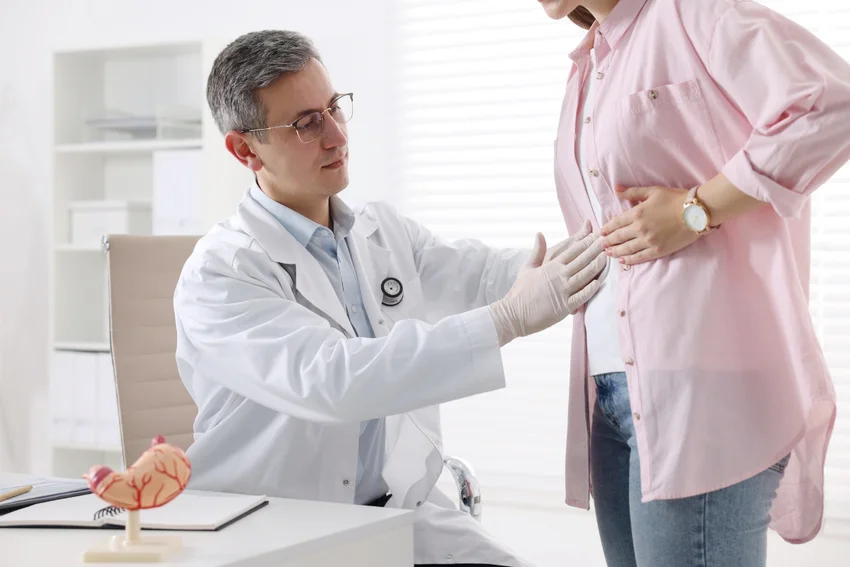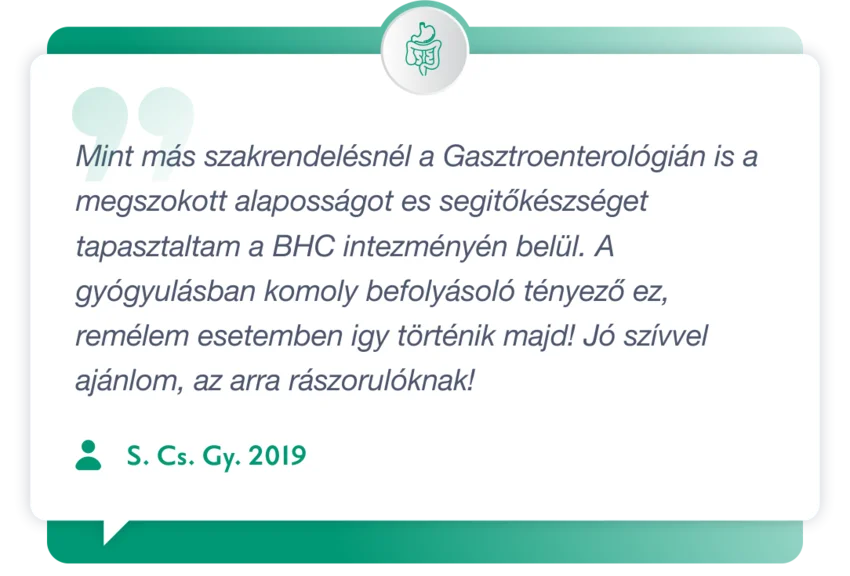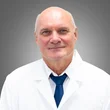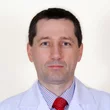This is how our application simplifies the booking and administration process. Interested >>
Gastroenterology
What is Gastroenterology?
Gastroenterology focuses on the digestive system and its disorders. Included here are the diseases of the oesophagus, the stomach, the small and large intestines, the liver, the pancreas, the gallbladder and the bile ducts. The gastroenterologist’s work consists of recognizing, setting up the diagnosis and treatment.

When should we turn to a gastroenterologist?
We should turn to a gastroenterologist with any problems involving our digestive system or its organs. These might be mild complaints, or seemingly unimportant complaints or symptoms such as heartburn, bloating, diarrhea or constipation, mild stomachache, increased intestinal sounds, bad breath and fullness after eating. A physician should be consulted immediately in cases of more serious or so called “alarm” symptoms, such as unwanted weight loss, swallowing difficulties, vomiting, strong stomach pain, black or bloody stools, iron deficiency anemia, jaundice of non-infective origin and fever connected with the digestive system.
What should I do if I have any of the above-mentioned symptoms?
As a first step, definitely make an appointment to see a general gastroenterologist. The gastroenterologist will ask you detailed questions, examine you and, if needed, recommend a diagnostic procedure (this does not always mean an endoscopic examination). Should a general procedure be recommended, you will be instructed regarding the examinations required to be completed beforehand.
A gastroenterological visit includes the following:
- All examinations and tests necessary for establishing a diagnosis for the digestive system disorder Complete laboratory tests: blood, urine and stool.
- Diagnostic imaging:
- Ultrasound of the abdomen
CT scan of the abdomen
CT scan of the large intestine or colon (CT-colonography or virtual colonoscopy)
CT scan of the small intestine
X-rays
Endoscopic examinations:
- Gastroscopy
- Colonoscopy
- General information regarding the examinations
Location:
the BEK-Endoexpert Endoscopic Laboratory
(1126 Budapest, Királyhágó u. 1-3.)
Complex functional diagnostics of digestive system disorders
- Colon cancer screening from a stool sample
The M2-PK test is more sensitive than the regular stool blood test. This new test has been in use in many countries since 2003, in Hungary, since 2008. The accuracy for screening cancer is 85% . - Food Allergy Test
The Allergy Blood Test is to determine a nutrition panel. Should acute symptoms such as a rash, diarrhea, bloating, swollen lips and allergic oedema appear following introduction of an allergy causing substance, IgE-type allergy should to be considered. - Food Intolerance Test
Unlike food allergies, food intolerance is manifested in a few days, occurs more frequently and is accompanied by general symptoms for which the Patient had been examined on numerous occasions previously. - Hydrogen Breath Test
The hydrogen breath test with lactose is used for determining the oro-cecal transit time and for the indirect diagnosis of contaminated small bowel syndrome.
The hydrogen breath test with fructose is used for determining fructose intolerance. During abnormal fructose metabolism toxic substances are released which may result in liver damage. - Helicobacter Stool or Breath Test
The Helicobacter pylori bacteria was discovered in 1982 in patients suffering from chronic gastritis and stomach ulcers. Since then it has also been found to be the cause of duodenal ulcers and stomach cancer. The tests used for its determination are the stool test and the breath test with the former being less expensive and faster and excellent for screening examinations. The physician will choose the method to be used.

Feel free to contact our specialists!
At the Buda Health Center, you have the opportunity to attend the private practices of more than 300 renowned specialists, offering expertise in nearly 45 medical specialisms, at five locations. Personalized care is provided by a well-trained and empathetic staff of professionals, who have been working together for a long time. Based on our 24 years of experience and the feedback received from our 450,000 clients, we are constantly working to organize our healthcare services in the most efficient way possible for those who visit us, paying respect to their needs and time.










